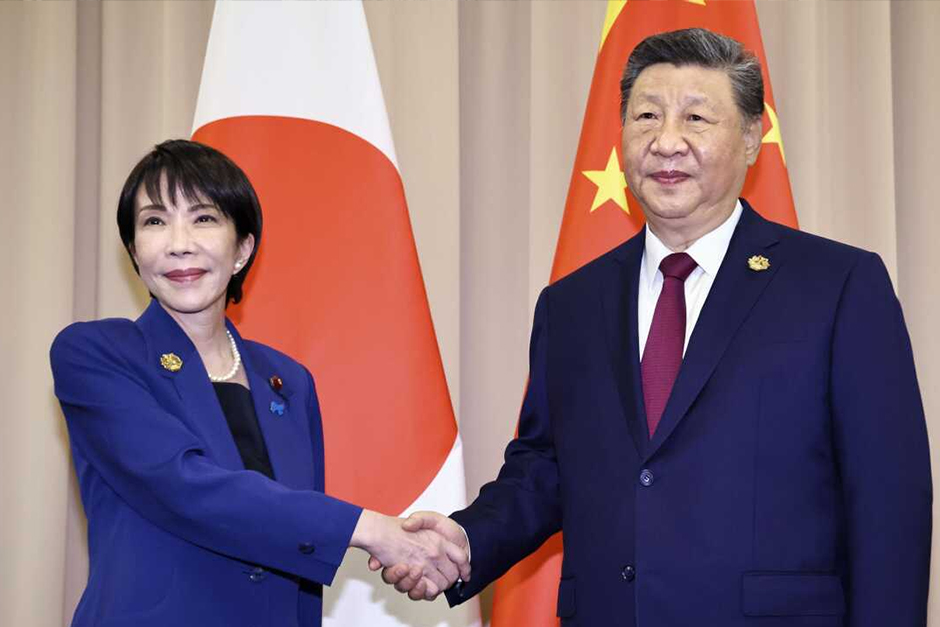When two economic giants, deeply intertwined through decades of trade and investment, exchange barbed words, the tremors are felt far beyond diplomatic chambers. The latest escalation in talks between Japan and China has done precisely that, shifting from cautious dialogue to palpable tension and sparking an undercurrent of economic unease that has global implications. It’s a stark reminder that geopolitical friction rarely stays confined to the political arena; it inevitably seeps into the lifeblood of commerce.
Beyond the Diplomatic Veils
While the specifics of diplomatic exchanges often remain behind closed doors, the messaging emerging from Tokyo and Beijing has grown notably sharper. What might appear as mere rhetoric on the surface is, in fact, indicative of deeper strategic divergences. Historical grievances, territorial claims, and competition for regional influence have long simmered, but the current climate suggests a hardening of positions. This isn’t just about a disagreement over a specific policy; it’s about fundamental differences in vision for regional order and national interests. For businesses, this translates into a heightened sense of risk, as the stability they depend on for long-term planning seems increasingly fragile. It’s the unspoken cost of strained relations – the erosion of trust and predictability that underpins robust economic engagement.
The Economic Tremors
The economic relationship between Japan and China is not merely significant; it’s symbiotic. Japan is a major investor in China and a crucial market for Chinese goods, while China is Japan’s largest trading partner. When tensions mount, the fear isn’t just about potential tariffs or trade barriers, though those are certainly concerns. The real anxiety lies in the potential for broader disruptions across intricately woven supply chains. Think of the automotive sector, advanced electronics, and precision manufacturing – industries where components and finished goods routinely crisscross the East China Sea. Any move towards economic decoupling, even a minor one, could send shockwaves through these networks, forcing companies to re-evaluate their production strategies and potentially absorb significant relocation costs.
“It’s not just about tariffs anymore; it’s about the pervasive uncertainty that makes long-term planning a nightmare for businesses operating across both borders,” noted one veteran trade analyst. This uncertainty can deter new investments, prompt existing ones to scale back, and ultimately impact job creation and consumer confidence in both nations, and indeed, globally. Tourism, a significant bridge between cultures and economies, also stands to suffer, with travel patterns often sensitive to diplomatic temperatures.
Navigating the Geopolitical Currents
The strain between these two economic powerhouses also casts a long shadow over the wider Indo-Pacific region. Japan, a key U.S. ally, finds itself in a delicate balancing act, trying to safeguard its economic prosperity while upholding its security interests. The global community watches closely, understanding that stability between Tokyo and Beijing is critical for regional peace and for maintaining the flow of global trade. Multinational corporations, with operations deeply embedded in both economies, are particularly vulnerable, caught between competing national interests and the practical realities of their commercial strategies. The challenge lies in finding pathways for de-escalation, not just for the sake of diplomatic propriety, but for the fundamental health of the global economy which thrives on cooperation, not confrontation.
The current tensions serve as a potent reminder that economics and geopolitics are inextricably linked. The path forward will require nuanced diplomacy, a deep understanding of shared economic stakes, and a commitment to preventing political disagreements from undermining the foundations of mutual prosperity. The stakes are simply too high for anything less.




